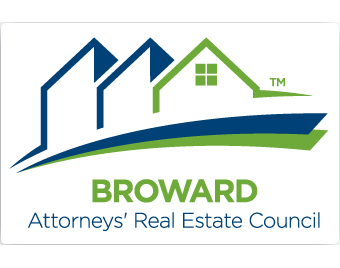When a person passes away, their estate must be settled. In Florida, many estates will go through a legal process known as probate. As explained by the Florida Courts, “probate is a court-supervised process” during which a deceased person’s assets will be identified, gathered, and eventually distributed to the proper beneficiaries.
There are many myths and misconceptions about how this process actually works. At The Law Offices of Odelia Goldberg, we have extensive experience helping people and families plan for and navigate complex probate law matters. In this article, our Fort Lauderdale probate administration attorney provides a guide to the probate process in Florida.
Understanding Probate in Florida: An Overview of the Basics
Broadly explained, probate is the legal process through which a deceased person’s assets are managed and distributed. When a Florida resident dies, their estate is generally handled through a court-supervised process. Notably, probate is usually handled at the county level. An estate in Fort Lauderdale goes through a Broward County probate court. The court will ensure that property is identified, debts are paid, and all remaining assets are allocated to rightful heirs. The timing and complexity of the probate process can vary depending on the specific circumstances of the case.
Know the Two Types of Probate (And a Third Limited Option)
Probate is not the same in every case. In Florida, there are actually two distinct forms of probate. Beyond that, there is a third non-probate estate option that is available in a limited number of cases. Here is an overview of the different types of probate in Florida:
What is the Role of the Executor in Florida Probate?
In probate in Florida, the executor—also commonly known as the personal representative—plays an essential role in the process. The executor is tasked with taking the estate through the process, ensuring things are handled properly and assets are safeguarded. Among other things, an executor is responsible for submitting the will, identifying property, paying valid debts and taxes, and, eventually, distributing the remaining property to the rightful beneficiaries.
An Overview of the Key Steps in Florida’s Probate Process
With a basic background of what probate is, it is useful to understand how the process actually works in place. Here is an overview of the key steps of the probate process in Broward County:
Contact Our South Florida Probate Attorney Today
At The Law Offices of Odelia Goldberg, our Florida probate lawyer is a skilled, knowledgeable advocate for clients. If you have any questions about probate administration, we are here to help. Contact us today to set up your confidential, no-obligation initial appointment. From our office in Fort Lauderdale, we handle probate matters in Broward County and throughout South Florida.







The information on this website is for general information purposes only. Nothing on this site should be taken as legal advice for any individual case or situation.
This information is not intended to create, and receipt or viewing does not constitute, an attorney-client relationship.
© 2025 The Law Offices of Odelia Goldberg. All Rights Reserved. Privacy Policy. Web Development by IWD Marketing